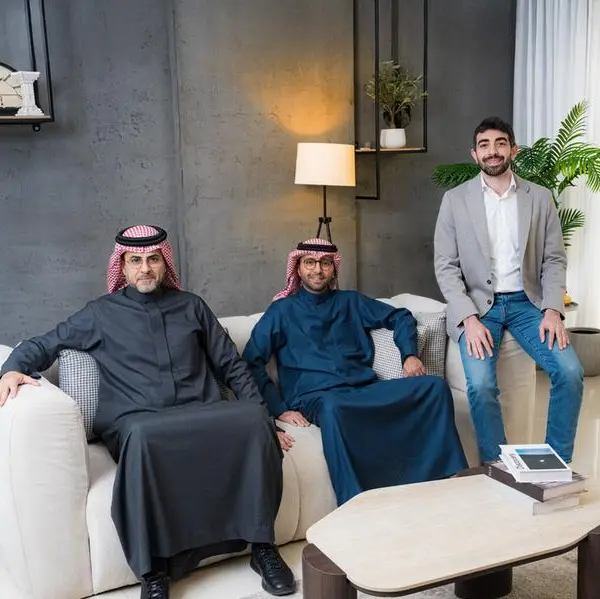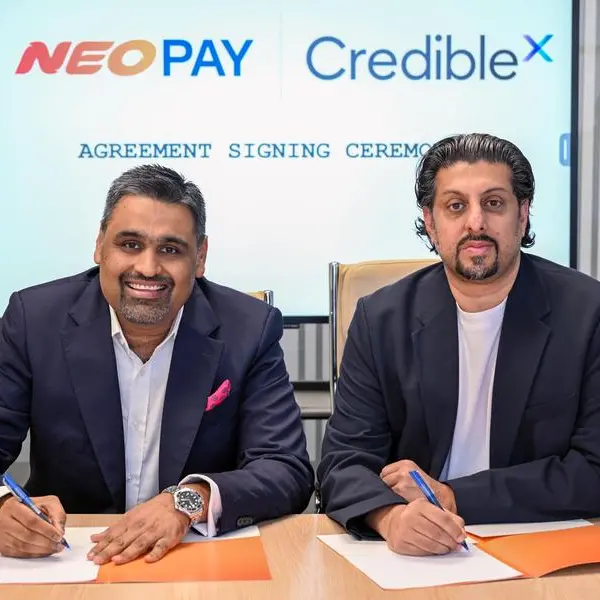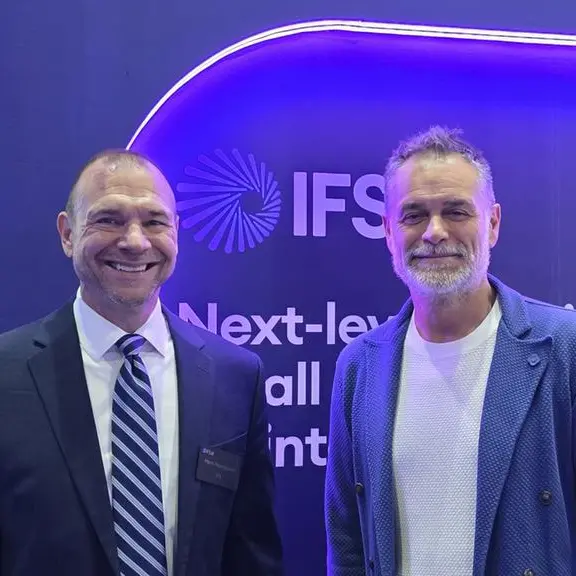The Nigerien government will be able to provide its population with better health coverage with financing approved today by the World Bank. This 15-year multiphase program will use innovative and comprehensive nutrition and health interventions to improve health system efficiency, equity, and sustainability, as well as boost girls’ and women’s empowerment.
Niger's health system faces immense challenges. Despite progress in recent years, the country has a high under-five mortality rate of 77 deaths per 1,000 live births in 2020 and stunting continues to have devastating effects on the long-term development of Niger's human capital. Lack of qualified health professionals, particularly doctors, nurses, and medical assistants, has an impact on overall public health. In addition, more than 75% of girls are married before the age of 18, and 30% marry before the age of 15.
"Improving health and nutrition outcomes, as well as empowering girls and women to accelerate the demographic transition will require a transformational commitment over the long term," says Joelle Dehasse, World Bank Country Manager for Niger. "The World Bank is strongly committed to build human capital and improve the lives of the poorest in a fragile context. Refugees and host communities, who use health care services in the targeted areas, will also benefit from these improved basic services."
The first phase of the MPA, the Niger - Improving women's and girls’ access to improved health and nutrition services (Lafia-Iyali) project aims to increase the utilization of reproductive, maternal, newborn, child and adolescent health and nutrition services and improve key behaviors known to improve health and nutrition outcomes, as well as girls’ and women´s agency in Zinder and Maradi region. Specifically, the project will increase the coverage, utilization and quality of the integrated package of services, as well as the continuity of services to address under-five child mortality, maternal mortality and sexual and reproductive health. It will support demand for health and nutrition services to promote key behaviors for increased demand. About 6,500,000 people, including refugees, and IDPs will benefit from the project by 2026.
The total financing for the project’s first phase is $125 million. This includes a $25 million grant from the Global Financing Facility (GFF), a global partnership hosted at the World Bank that supports country-led efforts to prioritize investments in the health, nutrition and well-being of women, children and adolescents while building more resilient and inclusive health systems. The project aligns with Niger’s investment case, supported by the GFF, to accelerate health and nutrition outcomes for women, children and adolescents.
Distributed by APO Group on behalf of The World Bank Group.
© Press Release 2021
Disclaimer: The contents of this press release was provided from an external third party provider. This website is not responsible for, and does not control, such external content. This content is provided on an “as is” and “as available” basis and has not been edited in any way. Neither this website nor our affiliates guarantee the accuracy of or endorse the views or opinions expressed in this press release.
The press release is provided for informational purposes only. The content does not provide tax, legal or investment advice or opinion regarding the suitability, value or profitability of any particular security, portfolio or investment strategy. Neither this website nor our affiliates shall be liable for any errors or inaccuracies in the content, or for any actions taken by you in reliance thereon. You expressly agree that your use of the information within this article is at your sole risk.
To the fullest extent permitted by applicable law, this website, its parent company, its subsidiaries, its affiliates and the respective shareholders, directors, officers, employees, agents, advertisers, content providers and licensors will not be liable (jointly or severally) to you for any direct, indirect, consequential, special, incidental, punitive or exemplary damages, including without limitation, lost profits, lost savings and lost revenues, whether in negligence, tort, contract or any other theory of liability, even if the parties have been advised of the possibility or could have foreseen any such damages.



















